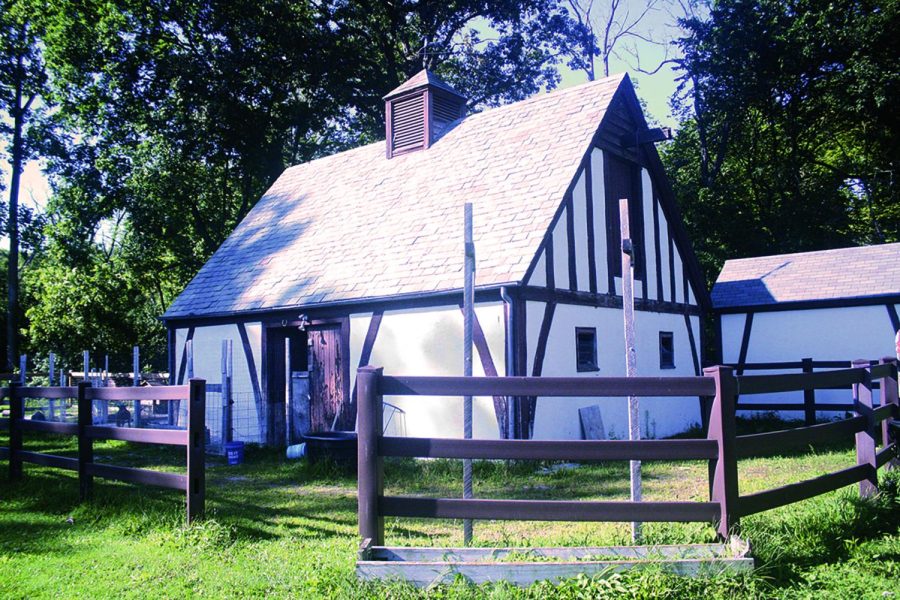Sober home lends local support
Residents speak on addiction and recovery at schools
In the backyard of Providence Farm, there is a barn where a goat and three dogs reside. Providence Farm is an extended care community where volunteers have the opportunity to work with the animals on the farm and help out in the garden.
Providence Farm, a sober living home in Northbrook, opened five years ago. Providence Farm is a recovery community for men ages 18 to 30 who are recovering from substance abuse, mental health disorders and trauma disorders. Before entering Providence Farm, residents must complete a minimum 30-day primary treatment program, during which they are stabilized from substances.
Providence Farm has volunteers from a variety of age groups who help with yard work, cook meals for the residents, work on the farm with the animals and work in the garden, said Stephanie Zwilling, founder and director of Providence Farm.
If the local community and the Providence Farm community begin to consider how they care for each other and if the stigma that exists around substance abuse ends, it can have a huge impact on everyone, Zwilling said.
Residents at Providence Farm give back to the community by speaking at local middle schools and high schools about substance abuse, mental health disorders and recovery.
After Quinn Kelly, former Providence Farm resident, completed primary treatment for the second time, he refrained from associating with people, places and things that connected to his substance abuse, Kelly said.
To continue recovering, he went to Providence Farm to see what his life would look like if he stayed sober, Kelly said.
“It is not like any other treatment center I have ever been to,” said Kelly. “It feels like a family as opposed to an extension of treatment … it feels like a second home.”
According to Kelsey Jablonski, clinical therapist at Providence Farm, rules for residents are made in collaboration with their therapists to figure out what is best for each individual, including abiding by a curfew and submitting to drug screenings.
According to Kelly, Providence Farm taught himto be patient, understanding and kind because the residents are all on the same journey together.
“My [therapist] played a massive role in my development as a person while I was there,” said Kelly. “I think he taught me how to feed into the positivity … He helped me discover who I was.”
According to Zwilling, due to a current waitlist, she is planning to open another location in east Northbrook to allocate space for people to be a part of the Providence community.
“It is not easy to be on a waitlist when you are in crisis,” said Zwilling. “[People] need help right away … I think families have really started to hope to have their kids be able to be part of our community.”
According to Kelly, while he was using substances, he thrived on negativity.
However, becoming sober allowed him to want to be a positive influence on the world, Kelly said.
“I look at that [negativity] now and that is just no way to live for me,” said Kelly. “That is just not who I am. That is not who I want to be. That is not what I want out of myself. I want to be able to look in the mirror and see someone I respect.”


